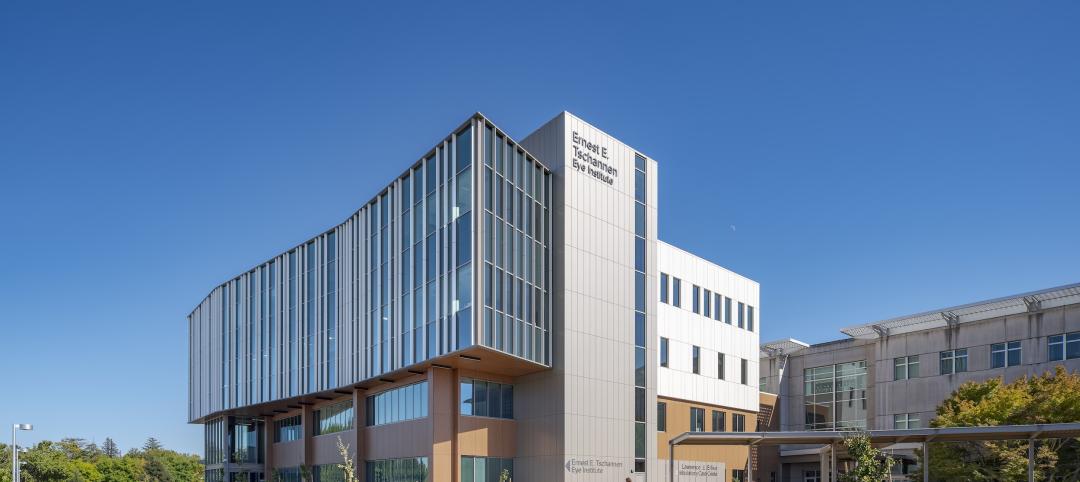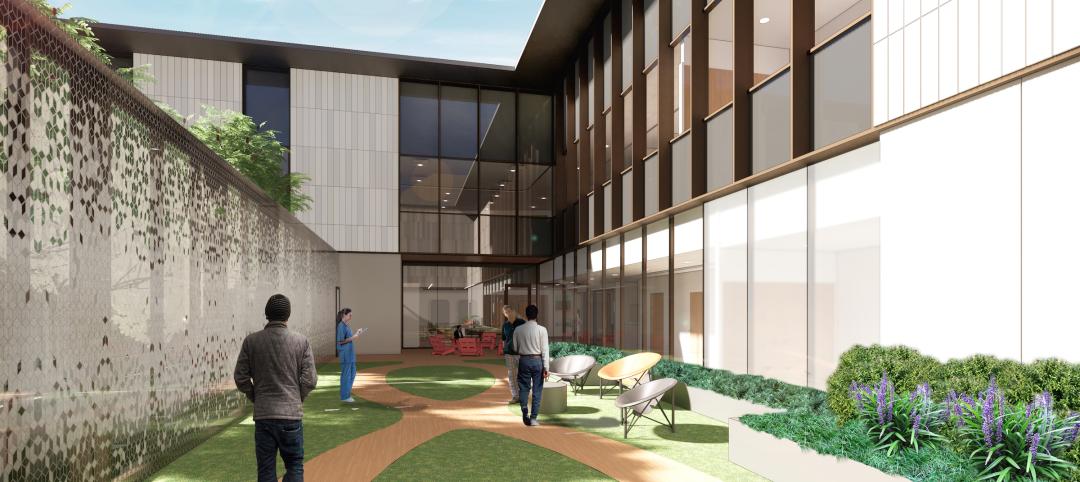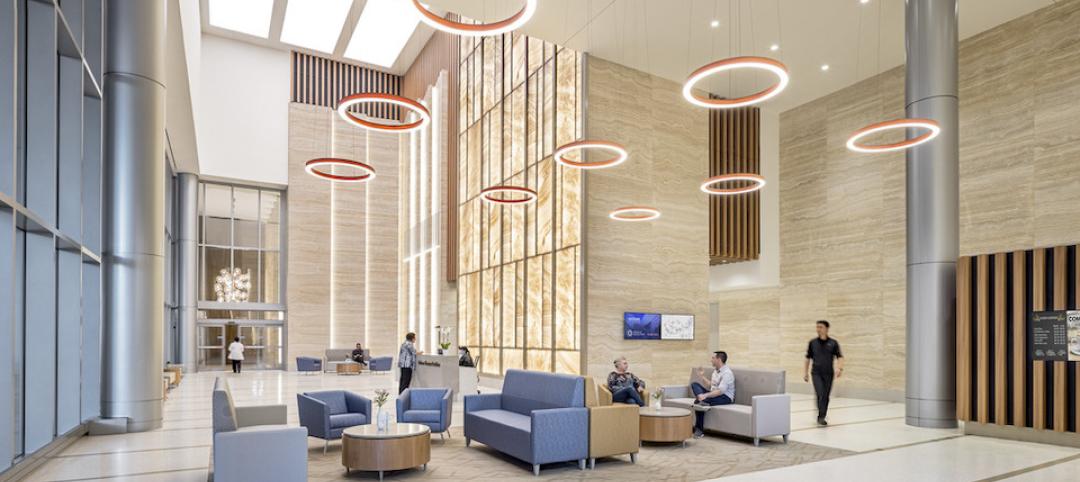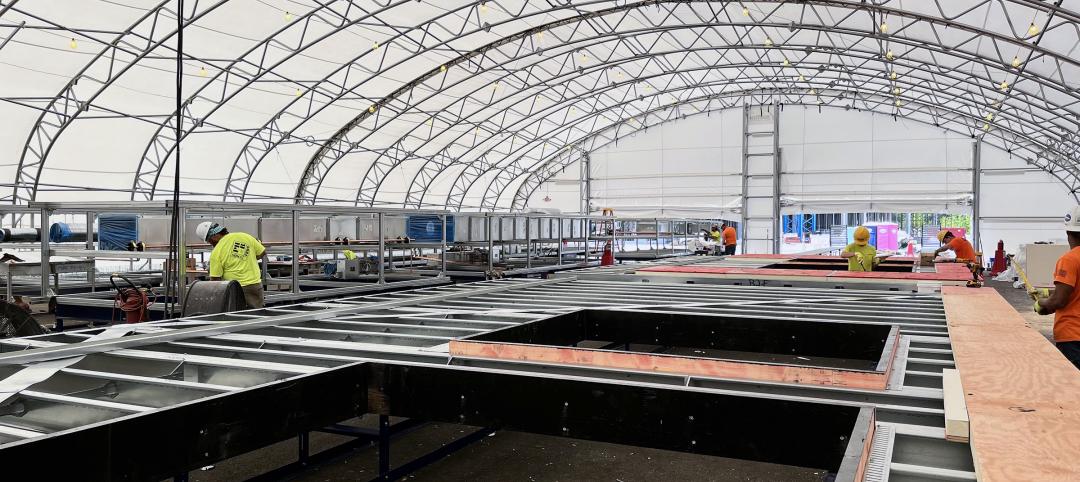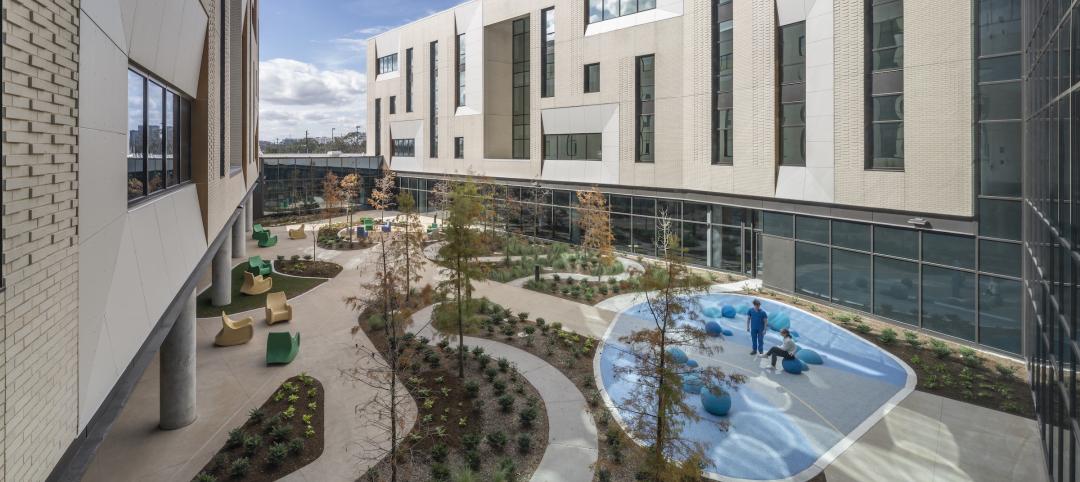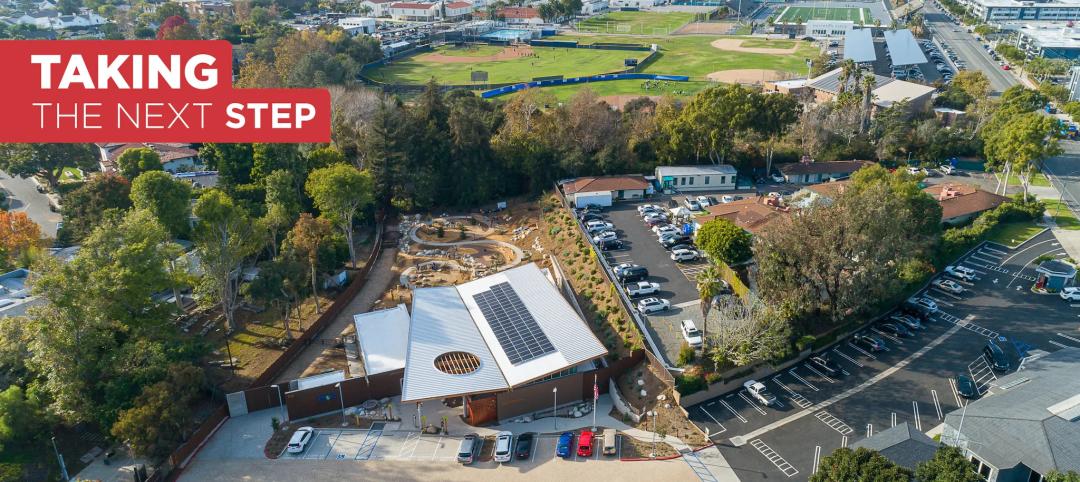In the first quarter of 2016, there were 163 transactions of medical office buildings totaling more than $1.8 billion in volume, according to estimates by CBRE, the nation’s largest real estate services provider, in its latest “National Healthcare Real Estate Investor Update.”
By far the largest transaction occurred last January, when a joint venture between Chicago-based Heitman Capital and Denver-based NexCare Group paid $199 million to acquire the 227,628-sf First Hill Medical Pavilion in Seattle.
That facility, which last year underwent an extensive renovation and 63,000-sf addition, is positioned adjacent to the Swedish Medical Center campus that’s part of Providence Health & Services healthcare system, which leases 65% of First Hill. (The architect of the reno and expansion was CollinsWoerman; the GC was Lease Crutcher Lewis.)
CBRE observes that the healthcare section continues to be “one of the strongest job generators in the American economy.” Quoting Bureau of Labor Statistics data, CBRE notes that between April 2015 and April 2016, healthcare produced 482,000 jobs, or roughly 18% of the 2.7 million nonfarm jobs formed in the U.S. during that period.
Last year, the number of uninsured Americans stood at 9.1% of the total population, the first time in the country’s history that number had fallen below 10%. Last year’s future compares to 16% in 2010, the year the Affordable Care Act was enacted.
CBRE also points to a recent Accenture study of six years of hospital margin data and patient satisfaction scores. Top-ranking hospitals achieved markets that, on average, were 50% higher than those with average scores. The top hospitals’ revenue growth also outpaced their operating expenses.
The healthcare sector could become even more attractive to certain investors after new regulations went into effect in April that mandate greater transparency and disclosure for non-traded REITs in such areas as per-share valuation and dividend distribution.
The new regs prohibit the public offering of securities of a REIT or direct participation program unless the sponsor agrees to annually disclose (at a minimum) the per-share value of each security.
“Investors of non-traded healthcare REITs now stand to benefit from these regulations aimed at fundamentally revising this investment product that has long been characterized with nontransparent share prices and high commissions,” CBRE writes. “Healthcare real estate is still very much in demand and will continue to attract broker-dealers to offer the non-traded REIT products. The existing sponsors in the market are expected to continue to thrive while making it more difficult for new sponsors to enter the space.”
Related Stories
Sustainability | Apr 4, 2023
NIBS report: Decarbonizing the U.S. building sector will require massive, coordinated effort
Decarbonizing the building sector will require a massive, strategic, and coordinated effort by the public and private sectors, according to a report by the National Institute of Building Sciences (NIBS).
Healthcare Facilities | Mar 26, 2023
UC Davis Health opens new eye institute building for eye care, research, and training
UC Davis Health recently marked the opening of the new Ernest E. Tschannen Eye Institute Building and the expansion of the Ambulatory Care Center (ACC). Located in Sacramento, Calif., the Eye Center provides eye care, vision research, and training for specialists and investigators. With the new building, the Eye Center’s vision scientists can increase capacity for clinical trials by 50%.
Healthcare Facilities | Mar 25, 2023
California medical center breaks ground on behavioral health facility for both adults and children
In San Jose, Calif., Santa Clara Valley Medical Center (SCVMC) has broken ground on a new behavioral health facility: the Child, Adolescent, and Adult Behavioral Health Services Center. Designed by HGA, the center will bring together under one roof Santa Clara County’s behavioral health offerings, including Emergency Psychiatric Services and Urgent Care.
Healthcare Facilities | Mar 22, 2023
New Jersey’s new surgical tower features state’s first intraoperative MRI system
Hackensack (N.J.) University Medical Center recently opened its 530,000-sf Helena Theurer Pavilion, a nine-story surgical and intensive care tower designed by RSC Architects and Page. The county’s first hospital, Hackensack University Medical Center, a 781-bed nonprofit teaching and research hospital, was founded in 1888.
Project + Process Innovation | Mar 22, 2023
Onsite prefabrication for healthcare construction: It's more than a process, it's a partnership
Prefabrication can help project teams navigate an uncertain market. GBBN's Mickey LeRoy, AIA, ACHA, LEED AP, explains the difference between onsite and offsite prefabrication methods for healthcare construction projects.
Modular Building | Mar 20, 2023
3 ways prefabrication doubles as a sustainability strategy
Corie Baker, AIA, shares three modular Gresham Smith projects that found sustainability benefits from the use of prefabrication.
Building Tech | Mar 14, 2023
Reaping the benefits of offsite construction, with ICC's Ryan Colker
Ryan Colker, VP of Innovation at the International Code Council, discusses how municipal regulations and inspections are keeping up with the expansion of off-site manufacturing for commercial construction. Colker speaks with BD+C's John Caulfield.
Healthcare Facilities | Mar 13, 2023
Next-gen behavioral health facilities use design innovation as part of the treatment
An exponential increase in mental illness incidences triggers new behavioral health facilities whose design is part of the treatment.
Healthcare Facilities | Mar 6, 2023
NBBJ kicks off new design podcast with discussion on behavioral health facilities
During the second week of November, the architecture firm NBBJ launched a podcast series called Uplift, that focuses on the transformative power of design. Its first 30-minute episode homed in on designing for behavioral healthcare facilities, a hot topic given the increasing number of new construction and renovation projects in this subsector.
Sustainability | Mar 2, 2023
The next steps for a sustainable, decarbonized future
For building owners and developers, the push to net zero energy and carbon neutrality is no longer an academic discussion.




